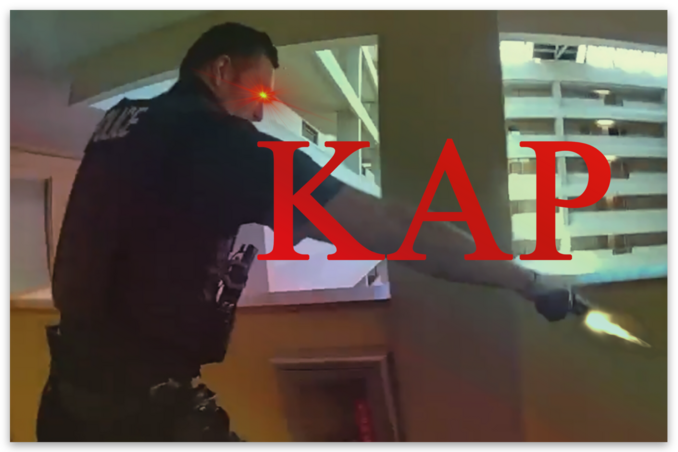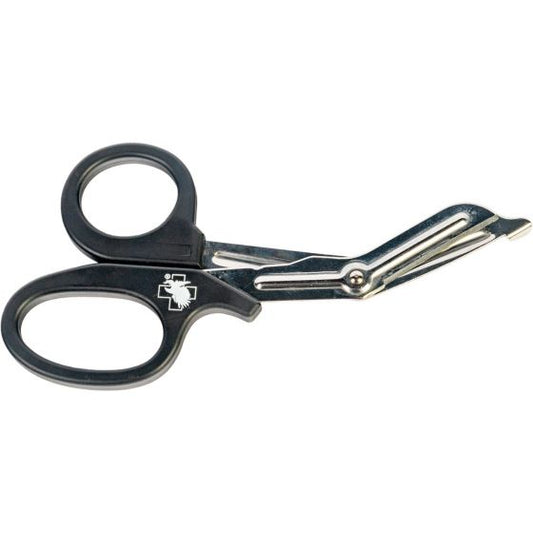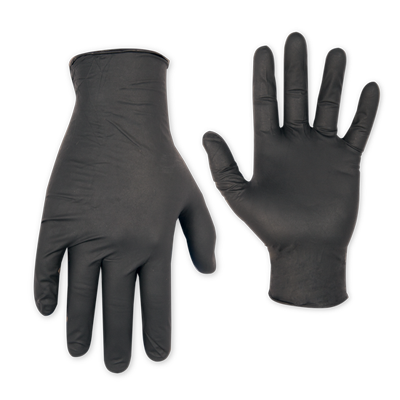VERY LIMITED QUANTITY LEFT **NO RESTOCKS**
KAP Sticker
Share
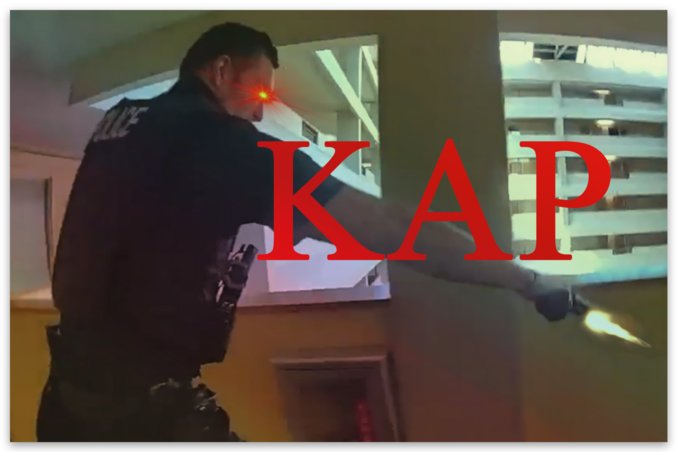

-
1.5 Ratcheting Medical Tourniquet (RMT)
5.0 / 5.0
(21) 21 total reviews
Regular price $34.99Regular priceUnit price / per -
Emergency Trauma Kit (ETK) - Custom Exclusive Kit
5.0 / 5.0
(4) 4 total reviews
Regular price $89.99Regular priceUnit price / per -
Child (Pediatric) Ratcheting Medical Tourniquet
5.0 / 5.0
(4) 4 total reviews
Regular price $39.99Regular priceUnit price / per -
2" Tactical Ratcheting Medical Tourniquet (RMT)
5.0 / 5.0
(3) 3 total reviews
Regular price $38.25Regular priceUnit price / per -
NAR Individual Aid Medical Kit
5.0 / 5.0
(2) 2 total reviews
Regular price $15.49Regular priceUnit price / per -
Premium Trauma Shears
5.0 / 5.0
(2) 2 total reviews
Regular price From $3.99Regular priceUnit price / per -
NAR Wound Packing Gauze
5.0 / 5.0
(1) 1 total reviews
Regular price $4.24Regular priceUnit price / per -
Black Nitrile Gloves - SIZE LARGE ONLY
Regular price $0.75Regular priceUnit price / per

Premium Quality shirt
Burn The Ships!
Tri-blend shirt, tighter up top, looser on the bottom, good CCW application.

100% cotton face Fabric weight: 8.5 oz.
KAP
Think high-quality cotton with a comfort-fitted hood, matching drawstrings, and a front pocket. Upgrade your look with this dope premium hoodie.
• 100% cotton face
• 65% ring-spun cotton, 35% polyester
• Front pouch pocket
• Matching flat drawstrings

PREMIUM
Burn The Ships!
Three unique designs, two different size closed back caps, dozens of colors available, top button removeable.
-

Carry Accessories
Top tier accessories you should add to your concealed carry setup! ...
-
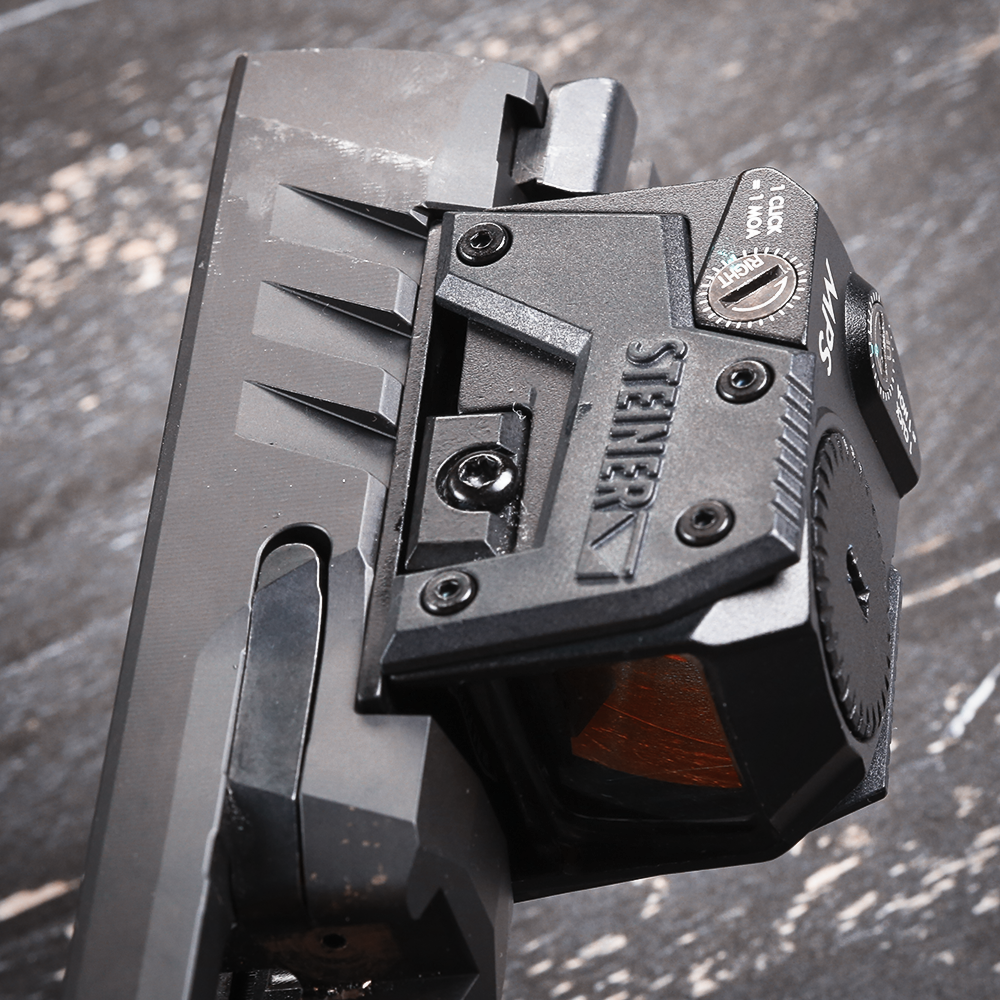
Premium Optics
Tested and Proven optics for your firearms!

